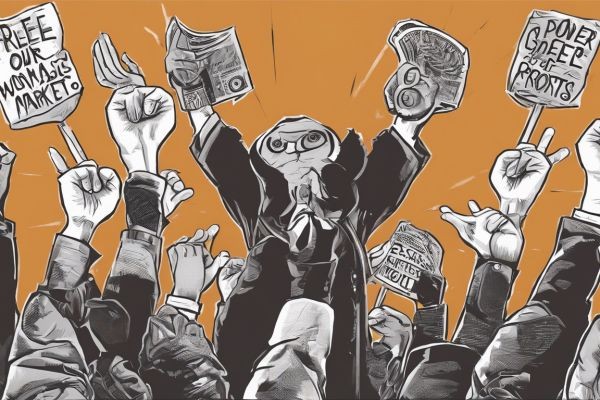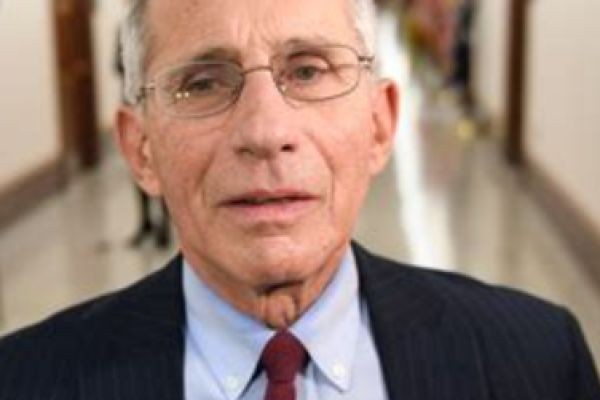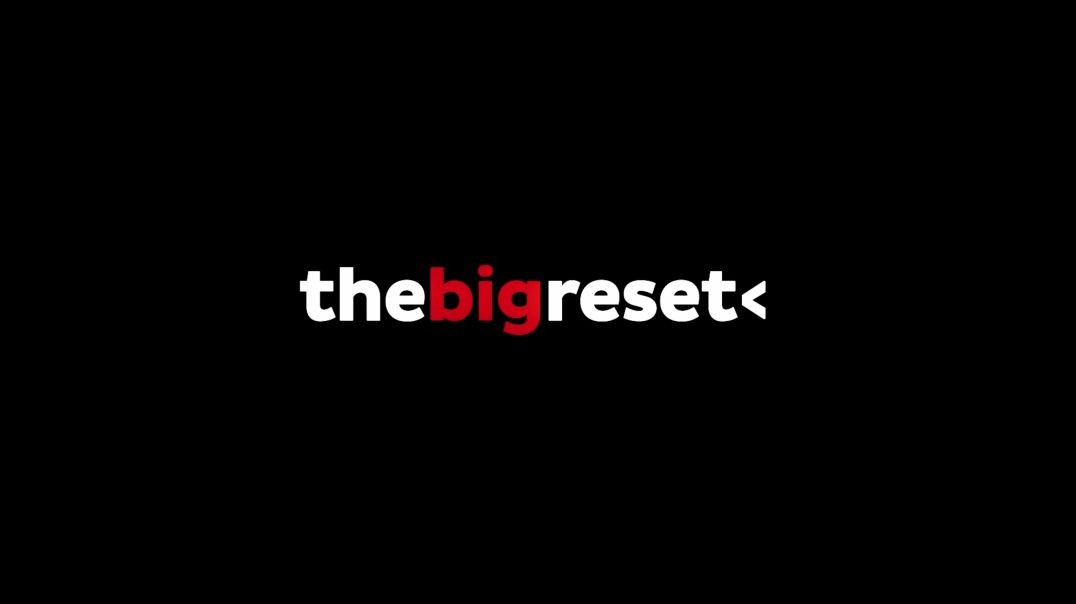by - L. Richardson
In a free market economy, entrepreneurs play a pivotal role. They are the ones who anticipate and satisfy consumer preferences, guided by the force of Profits. Policies that curtail or confiscate profits hinder this vital function, distorting price signals and making it challenging to discern wealth-generating activities from non-wealth-generating ones.
Profits in a free market are not from exploitation but from voluntary exchange. This is when entrepreneurs, driven by the profit motive, accommodate consumers' wishes in the best possible ways. Anti-Exploitation and Price Transparency are hallmarks of a thriving market system. To earn profits, entrepreneurs must forecast future consumer demand precisely, leveraging their unique Entrepreneurial Freedom and Market Sovereignty. Those who demonstrate superior foresight in aligning with evolving preferences are likelier to experience Profit Liberty and drive Wealth Creation, ultimately fostering Consumer Empowerment.
The Role of Profits in a Free Market
Profits do not result from exploitation but emerge when entrepreneurs accommodate consumers' wishes in the best possible ways. In a genuinely free market economy, profit can be gained only when prices of goods and factors of production are established, and the existence of money determines these prices. This process serves as a guiding force, directing production activities into the hands of entrepreneurs who excel at anticipating and satisfying consumer preferences.
The Profit Motive: A Catalyst for Consumer Satisfaction
- Profit emerges when an entrepreneur discovers that the prices of some factors are undervalued relative to the potential value of the products that these factors, once employed, could produce [2].
- Entrepreneurs invest in a process because they expect to profit, believing that the market has underpriced and undercapitalized the factors about their future rents.
- An entrepreneur's return on investment is determined by whether they comply with consumers' wishes, as the ultimate criteria for investing capital is to employ it in activities that produce goods and services on consumers' highest priority list.
The Role of Prices and Market Signals
Market Scenario / Impact on Profit
Accurate Pricing / Profits can be earned, indicating efficient resource allocation.
Price Distortions / Profits are impaired, making it challenging to discern wealth-generating activities.
Market prices accurately reflect consumer preferences in an environment free from government and central bank interference. This enables entrepreneurs to earn profits by aligning their activities with these preferences. However, when prices are distorted due to external interventions, it becomes harder to establish whether businesses are making genuine profits, obscuring the distinction between wealth-generating and non-wealth-generating activities. This highlights the crucial role of accurate pricing in a free market.
The Virtuous Cycle of Profit and Wealth Creation
People instrumental in expanding wealth, manifested by profits, should be praised rather than condemned. By consistently serving consumers' urgent needs, profitable entrepreneurs raise the population's living standards, fostering a virtuous cycle of wealth creation and consumer empowerment. This underscores entrepreneurs' significant role in shaping the economy and improving lives.
Profit as a Reflection of Consumer Satisfaction
Forecasting Consumer Preferences
- Entrepreneurs must anticipate consumer preferences with precision to make profits. Consequently, entrepreneurs who excel at forecasting consumers' future preferences are more likely to be profitable.
- An accurate prediction of evolving consumer desires allows businesses to align their production activities accordingly, ensuring the efficient allocation of resources toward meeting the most urgent needs.
Compliance with Consumer Wishes
- An entrepreneur's return on investment is determined not by how much risk they assume but rather by whether they comply with consumers' wishes. Profits emerge when entrepreneurs accommodate consumers' preferences in the best possible ways.
- Businesses that fail to cater to consumer demands, regardless of the level of risk involved, are unlikely to generate sustainable profits, as the ultimate criteria for investing capital is to employ it in activities that produce goods and services on the highest priority list of consumers.
Profit as an Indicator of Efficient Resource Allocation
Scenario / Implication
Profit earned / Means are employed in the best possible way, resulting in the expansion of wealth.
Loss incurred / Means need to be employed more efficiently, leading to a reduction in wealth.
Profit should be seen as an indicator of whether means are employed in the best possible way. Suppose the employment of means results in the expansion of wealth. In that case, it demonstrates that the job was done profitably, reflecting the efficient allocation of resources toward satisfying consumer preferences.
The Virtuous Cycle of Profit and Consumer Empowerment
Profits do not result from exploitation but emerge when entrepreneurs accommodate consumers' wishes in the best possible ways. By consistently serving consumers' urgent needs, profitable entrepreneurs raise the population's living standards, fostering a virtuous cycle of wealth creation and consumer empowerment.
Risk and Uncertainty in the Market Process
The Inescapable Nature of Risk and Uncertainty
In a dynamic market economy, risk and uncertainty are inescapable elements of the entrepreneurial process. Planning and research can never guarantee that profits will be secured, as various unforeseen events can upset even the most meticulous forecasts. Errors, which lead to losses, are an essential part of the navigational tools that direct the process of allocating means in an uncertain environment in line with consumer demands.
The Role of Losses in Guiding Resource Allocation
- Losses serve as crucial signals, indicating that resources are employed inefficiently and must be redirected towards more productive endeavors that align with consumer preferences.
- Rather than being viewed as failures, losses should be embraced as valuable feedback mechanisms, guiding entrepreneurs to adjust their activities and align them with the market's ever-changing demands.
The Profit Motive: Balancing Risk and Reward
Entrepreneurial Mindset / Outcome
Preoccupation with minimizing risk / Undermines profit opportunities and wealth creation
Pursuit of highest potential profits / Aligns with consumer preferences, driving efficient resource allocation
Mises argued that capitalists do not choose between more or less risky investments. Instead, they are compelled by the market economy to invest their funds in a way that supplies the most urgent needs of consumers to the best possible extent. Investors preoccupied with risk rather than identifying profit opportunities will likely undermine themselves, as there is no such thing as a safe investment in a dynamic market.
The Entrepreneurial Imperative
Ultimately, an entrepreneur's return on investment is determined not by how much risk they assume but by whether they comply with consumers' wishes [3]. The ultimate criteria for investing capital is to employ it in those activities that produce goods and services on the highest priority list of consumers. By embracing the inherent risks and uncertainties of the market process, entrepreneurs play a vital role in ensuring the efficient allocation of resources and the expansion of wealth [4].
The Profit Calculation and Market Prices
The Essence of Profit Calculation
Profit emerges when an entrepreneur discovers that the prices of some factors are undervalued relative to the potential value of the products that these factors, once employed, could produce [2]. Entrepreneurs invest in a process because they expect to profit, believing that the market has underpriced and undercapitalized the factors about their future rents.
- Entrepreneurs constantly assess the prices of various factors of production (labor, raw materials, equipment, etc.) against the anticipated value of the final products or services they aim to create.
- When entrepreneurs identify an opportunity where the current prices of the required factors are lower than the expected value of the finished goods, they can profit by acquiring those undervalued factors and transforming them into higher-valued products.
Anticipating Consumer Preferences
- For an entrepreneur to make profits, they must precisely plan and anticipate future consumer preferences. Those entrepreneurs who excel in forecasting consumers' future preferences are more likely to be profitable, all other things being equal.
- By accurately predicting evolving consumer desires, businesses can align their production activities accordingly, ensuring the efficient allocation of resources toward meeting the most urgent needs.
Preparing for Future Demands
Entrepreneurial Action / Outcome
Allocating means toward generating infrastructure / Enables accommodating future consumer demands
Failing to anticipate future needs / This leads to inefficient resource allocation and potential losses.
To be ready for consumers' future requirements, businesses allocate various means at present toward generating the infrastructure that will enable them to accommodate the consumers' future demands. This proactive approach ensures that entrepreneurs swiftly respond to changing preferences and capture emerging profit opportunities.
The Profit Calculation and Market Integrity
In a free market devoid of government and central bank interference, market prices accurately reflect consumer preferences, enabling entrepreneurs to earn profits by aligning their activities with these preferences. However, when prices are distorted due to external interventions, it becomes harder to establish whether businesses are making genuine profits, obscuring the distinction between wealth-generating and non-wealth-generating activities.
Policies that curtail or confiscate profits impair this vital function, distorting price signals and making it challenging to discern wealth-generating activities from non-wealth-generating ones. A free market, characterized by voluntary exchange and the absence of exploitation, is essential for profit calculation to serve as a reliable guide for efficient resource allocation and consumer empowerment.
The Entrepreneur's Forecasting Ability
The Entrepreneurial Imperative: Anticipating Consumer Preferences
- In a genuinely free market, profit emerges when an entrepreneur discovers that the prices of some factors are undervalued relative to the potential value of the products that these factors, once employed, could produce [2].
- According to Murray Rothbard, every entrepreneur invests in a process because they expect to profit, believing that the market has underpriced and undercapitalized the factors about their future rents [5] [6].
- Entrepreneurs must precisely plan and anticipate future consumer preferences to make profits. Consequently, those entrepreneurs who excel in forecasting consumers' future preferences are more likely to be profitable, all other things being equal.
Aligning with Evolving Consumer Desires
Entrepreneurial Action / Outcome
Accurately predicting consumer preferences / Enables efficient allocation of resources toward meeting urgent needs.
Failing to anticipate evolving demands / This leads to inefficient resource allocation and potential losses.
- By accurately predicting evolving consumer desires, businesses can align their production activities accordingly, ensuring the efficient allocation of resources toward meeting the most urgent needs.
- Entrepreneurs who fail to anticipate future consumer demands risk misallocating resources, leading to inefficient production and potential losses.
Preparing for Future Requirements
To be ready for consumers' future requirements, businesses allocate various means at present toward generating the infrastructure that will enable them to accommodate the consumers' future demands.
This proactive approach ensures that entrepreneurs can swiftly respond to changing preferences and capture emerging profit opportunities by consistently serving consumers' urgent needs, fostering a virtuous cycle of wealth creation and consumer empowerment.
Conclusion
In a genuinely free market, profits emerge as a natural byproduct of voluntary exchange, reflecting an entrepreneur's ability to efficiently anticipate and cater to consumer preferences. The distortion of prices due to government and central bank interference makes it harder to establish whether businesses are genuinely generating wealth, obscuring the distinction between productive and unproductive activities [1]. Rather than curtailing or confiscating profits, policymakers should embrace the free market's capacity to allocate resources optimally, with consumers driving production activities into the hands of those entrepreneurs who are best fit to serve their evolving needs.
Ultimately, profits do not result from exploitation but emerge when entrepreneurs accommodate consumers' wishes in the best possible ways. Profitable businesses foster a virtuous cycle of wealth creation and consumer empowerment by consistently serving the most urgent demands. As such, policies that impair this vital function by distorting price signals should be rejected in favor of a free market system where voluntary exchange reigns supreme. Profits reflect genuine value creation rather than coercion or exploitation.
FAQs
What does voluntary exchange mean within the context of a market economy?
Voluntary exchange refers to a situation in which two parties willingly trade goods or services. This concept is fundamental in a market economy, where such exchanges result in mutual benefit and leave both parties in a better position than initially.
What principles govern voluntary exchange?
The principles of voluntary exchange dictate that the transaction must be conducted without coercion or restriction. Both individuals involved must freely agree to the trade, and external entities, including the government, should not interfere with the agreement.
What are the foundational rules that define a free market?
A free market operates on the principles of supply and demand without government intervention. The cornerstone of such a market is a voluntary exchange, where buyers and sellers are free to conduct transactions of goods and services based on mutual agreement [7].
How did Adam Smith describe the 'invisible hand' in the marketplace?
The 'invisible hand' is a term coined by the economist Adam Smith to refer to the unseen market forces driven by individuals' self-interest. This metaphor captures the idea that these forces guide the free market and help regulate supply, demand, and pricing without direct intervention.
References
- https://en.wikipedia.org/wiki/Free_marke
- Modern Portfolio Theory: Economics without Praxeology – Frank Shostak | WallStreetWindow.com. https://wallstreetwindow.com/2022/03/modern-portfolio-theory-economics-without-praxeology-frank-shostak/
- Further reflections on Alchemists of Loss – The Cobden Centre. https://www.cobdencentre.org/2010/06/further-reflections-on-alchemists-of-loss/
- Lessons Learned: PERFORMANCE AUDIT REPORT - Procurement of Office Furniture | Synergy Group | Dynamic Leaders in Solutions for Government. https://synergygroup.net.au/insights/lessons-learned-performance-audit-report-procurement-office-furniture/
- Why the Pursuit of Profit Makes Us All Better Off | Libertarian Hub. https://libertarianhub.com/2019/10/21/why-the-pursuit-of-profit-makes-us-all-better-off/
- Profit or loss is working to add value and see customers decide - WhatWorks.site. https://whatworks.site/profit-loss/
- Markets: Pros and Cons: Anthony J. Pennings, PhD. https://apennings.com/dystopian-economies/markets-pros-and-cons/
- https://www.infowars.com/posts/free-market-profit-comes-from-voluntary-exchange-not-exploitation/
- https://mises.org/mises-wire/free-market-profit-comes-voluntary-exchange-not-exploitation
- https://www.liberalstudies.ca/wp-content/uploads/2014/11/Economics-in-One-Lesson_2.pdf
- https://cdn.mises.org/man_economy_and_state_with_power_and_market_3.pdf
- https://cdn.mises.org/Human%20Action_3.pdf














